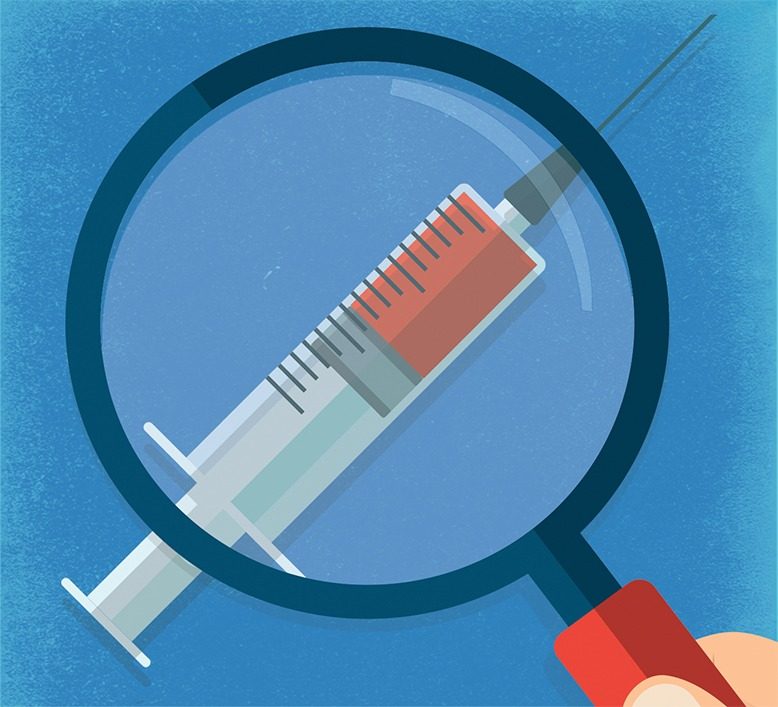
The question of whether to vaccinate is not new. The anti-vaccination movement dates back to France in 1763 and is still going strong today. While distrust in vaccines in the 18th century may have been warranted, today’s vaccinations are proven safe and effective in battling common health issues like influenza.
Particularly around flu season, it is important to dispel the myths surrounding the flu shot. To bring clarity to the topic, I sought out Fran Gallagher, CEO of the American Academy of Pediatrics, New Jersey chapter, and co-founder of the New Jersey Immunization Network. Here’s our conversation:
How many people get sick with flu every year?
The CDC estimates that flu has resulted in between 9.3 million and 49 million illnesses each year in the United States since 2010.
When should individuals get the flu shot?
The flu vaccination should be received before flu begins spreading in your community—therefore, early fall. It takes about two weeks after vaccination for antibodies that protect against flu to develop in the body.
Who should get vaccinated?
Everyone six months and older. A high-dose flu vaccine is also available for adults age 65 years and older. Like other flu vaccines, Fluzone High-Dose is made up of the three flu strains most likely to cause the flu during the upcoming season. The high-dose vaccine, however, contains four times as much flu-virus antigen (the part of the vaccine that stimulates the immune system) as regular Fluzone and other standard flu vaccines.
Why do older adults need a higher dose?
Older people produce 50–75 percent fewer antibodies, which protect against the vaccine antigens, than younger adults. Evidence that a high-dose flu vaccine can compensate for this difference originally comes from studies that found higher post-vaccine antibody levels in older adults who received high-dose flu vaccines than in those who received standard flu vaccines.
[RELATED: The Countdown to the Next New Jersey Census]
Is there a different flu vaccine for kids?
No, but the dosing amount differs according to age.
What percentage of our state’s population is likely to get vaccinated?
Estimates range around the 45 percent mark of those able to receive the vaccine.
Has New Jersey had much of a problem with people refusing to be vaccinated—or have their children vaccinated?
Resistance to receiving the flu shot is a yearly challenge, not only to those who refuse the vaccine, but also the increased risk of contacting the flu to those who, for medical reasons or age, are unable to receive the vaccine.
What kind of risk is posed by those who go without vaccinations?
Flu vaccine prevents tens of thousands of hospitalizations each year. According to the CDC, the 2016–2017 flu vaccination prevented an estimated 85,000 flu-related hospitalizations. In recent years, flu vaccines have reduced the risk of flu-associated hospitalizations among adults on average by about 40 percent. A 2018 study showed that from 2012–2015, flu vaccination among adults reduced the risk of being admitted to an intensive care unit with flu by 82 percent. Bottom line, while the flu vaccine is not always 100 percent effective in preventing the flu, the vaccine is very effective in reducing the flu severity.



